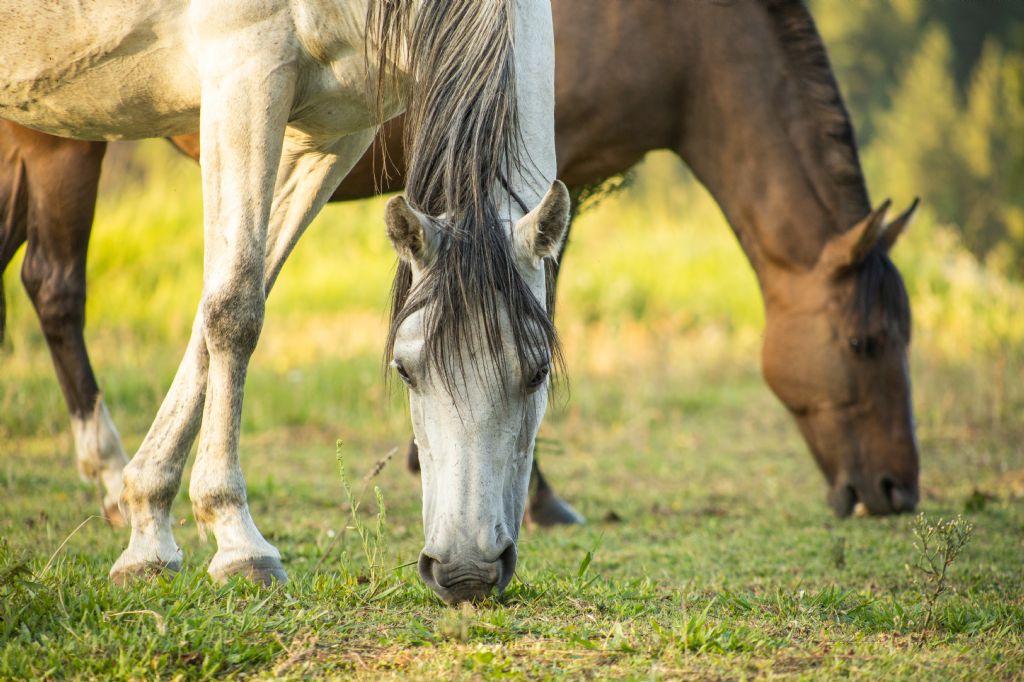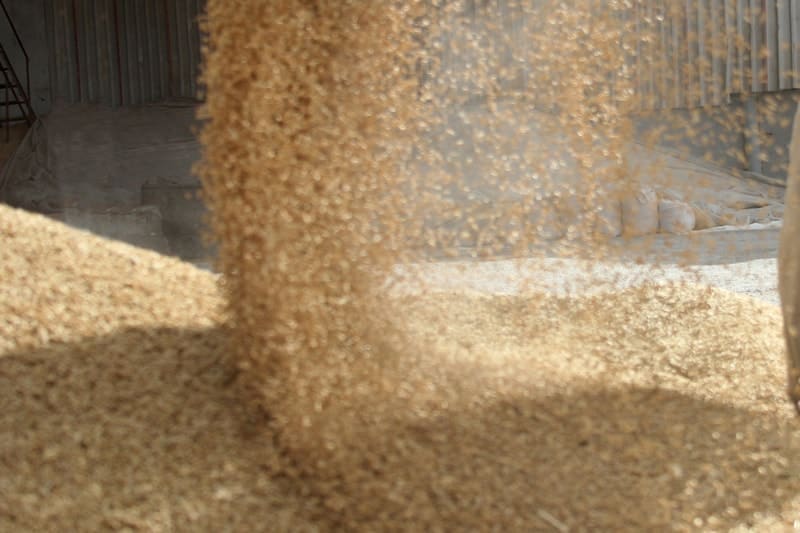Bluegrass News
Dr Joe Pagan founder of Kentucky Equine Research stated, “Lactation places higher demands on the mare than any other stage of her life”.
Throughout gestation, correct nutrition is essential to provide key nutrients for foetal development, trace mineral storage, and the production of high-quality milk. A lactating mare approximately produces 3% of her body weight in milk per day, with peak milk production considered to be two to three months after foaling. Within the first hour of life the foal should be standing and nursing, this is when the foal receives colostrum, a vital source of antibodies, protein, vitamins, and energy.
Prenatal nutrition plays an essential role in the quality and quantity of milk produced. A milk replacer such as Bluegrass Horse Feed XL-ENT Foal Pellets developed as a complementary feed for foals made from plant raw materials and formulated to optimise growth, can be a good addition to foals receiving insufficient milk.
What to Feed During Lactation?
The lactating mare should ideally be on ad-lib forage, consuming at least 3% of her body weight per day (dry matter) in hay, haylage, or grass. Essential proteins, vitamins, and minerals should be additionally supplied within the diet to accommodate insufficient levels in forage only diets. Milk consists of 20 – 25% protein (dry matter), and therefore high-quality protein at correct amounts must be supplied to the lactating mare. Research has suggested that adding high starch to a mare’s diet will increase quantity but decrease the protein and fat content. Feeding high fibre and high fat concentrates shows to be more beneficial to milk quantity and quality.
To meet the energy and nutrient demands of the lactating mare, a supplemented balancer or fortified feed is recommended. If weight gain is not desired a high-quality protein, vitamin, and mineral balancer can be supplied in the diet, such as Bluegrass Horse Feed Stamm 30. When weight gain and condition is desired Bluegrass Stud Mix or Cubes are recommended, both contain flaxseed oil, alfalfa, Equi-Jewel and sugar beet. Bluegrass Stud mix is also fortified in Stamm 30 providing high-quality trace minerals and live yeast cultures to enhance bioavailability and support gastrointestinal health.
New and Improved
The Bluegrass Horse Feed Stud range is fortified with marine-derived calcium, sustainably harvested from Iceland and Southwestern Ireland. Marine- derived calcium has three main benefits; to improve hindgut health, improve gastric health, and improve bone density. Research from Kentucky Equine Research showed marine-derived calcium increased buffering capacity by two times, supporting the prevention of equine gastric ulcer syndrome developing.
Equinews. (2013). Essential Dietary Minerals for Young, Growing Horses. [online] Available at: http://saracen.equinews.com/article/essential-dietary-minerals-young-growing-horses [Accessed 16 Nov. 2017].
Nutritional Management of Horses on a Breeding Yard. (2013). KER.












